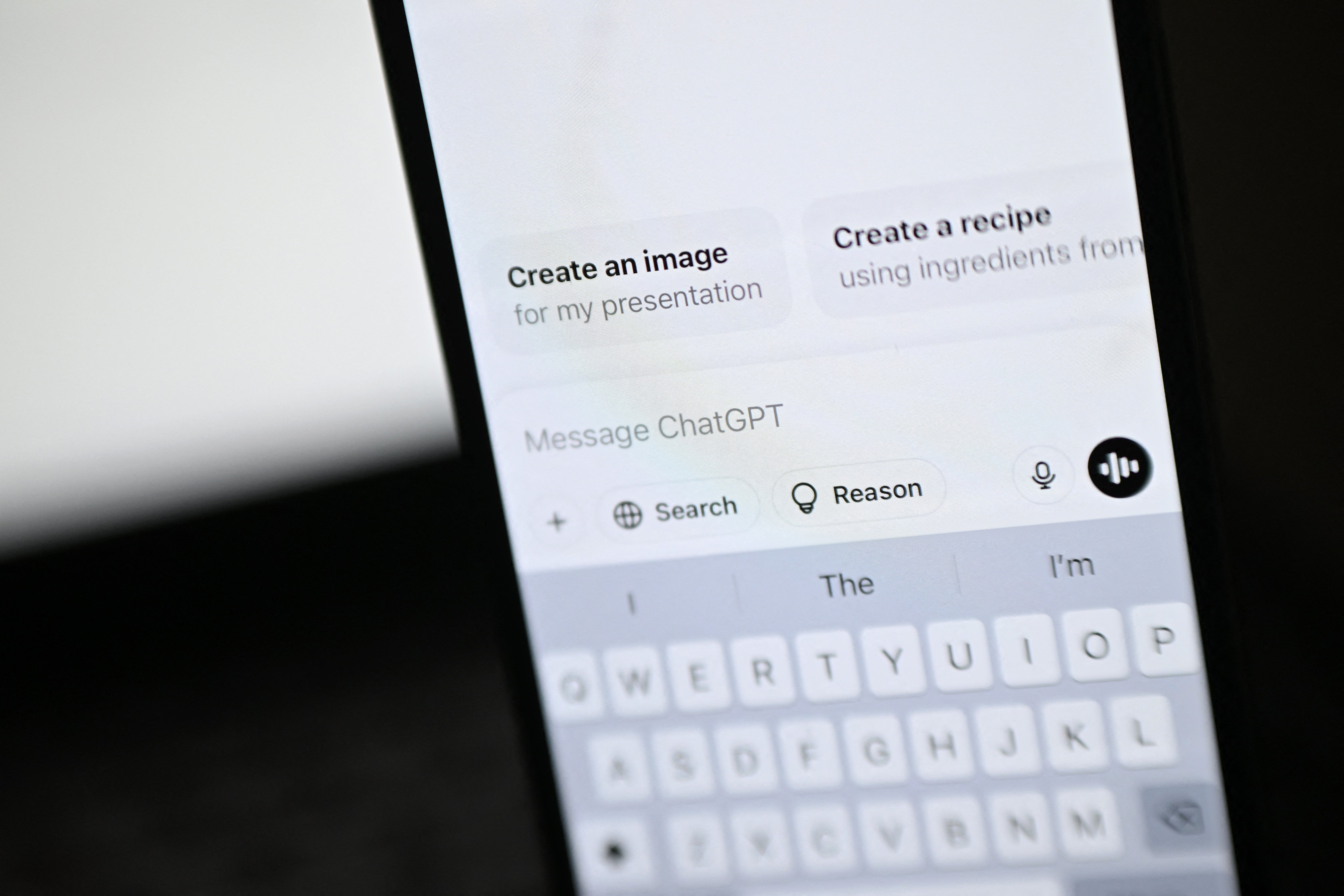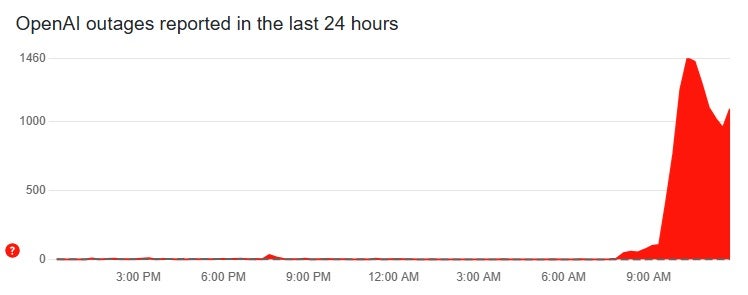ChatGPT down: OpenAI reports major outage as users see error message
OpenAI reports the chatbot is seeing a widespread outage

ChatGPT has gone down with its operator OpenAI reporting the chatbot is seeing a widespread outage.
The AI assistant engages in human-like conversations and generates readable text on demand from a vast database of digital books, online writings and other media on the internet.
Its rapid growth from launch in November 2022 has seen it become a worldwide tool for around 500 million users.
But just before 11.30am on Tuesday, OpenAI wrote on its website: "Some users are experiencing elevated error rates and latency across the listed services. We are continuing to investigate this issue."
Later, in the afternoon, the company said the cause had been identified, before at just before 5.30pm, it reported “degraded performance” following “continued recovery” on the platform.
Earlier, some users shared screengrabs from the platform app that showed the bot respond to questions with: “Hmmm... something seems to have gone wrong.”
Others got an error message reading: "A network error occurred. Please check your connection and try again. If this issue persists please contact us through our help centre at help.openai.com."
Some also complained that the app is taking longer to respond to questions.

It appeared that the issue was first investigated at 7.36am on Tuesday.
OpenAI is valued at $300 billion, making it one of the world’s most valuable private companies.
The firm said in February it had more than 400 million weekly active users, including 10 million paying subscribers on Chat GPT Plus.
Recently, the operator launched a new AI image generation feature, called GPT-4o, which is available for free users of the app.
The rise in popularity of AI has become a topic of news conversation in recent years. Critics say it could take away jobs and profit from human creativity, while others embracing the technology say it helps cut down laborious processes and free up time for workers.
There have also been concerns about students using platforms such as ChatGPT to cheat in school and university.
Prime minister Sir Keir Starmer announced on Tuesday that secondary school children were to be taught new skills to make sure they can get AI-powered jobs in the future.
Research by the Department for Science, Innovation and Technology (DSIT) shows that, by 2035, AI will play a part in the roles and responsibilities of around 10 million workers.
Join our commenting forum
Join thought-provoking conversations, follow other Independent readers and see their replies
Comments
Bookmark popover
Removed from bookmarks